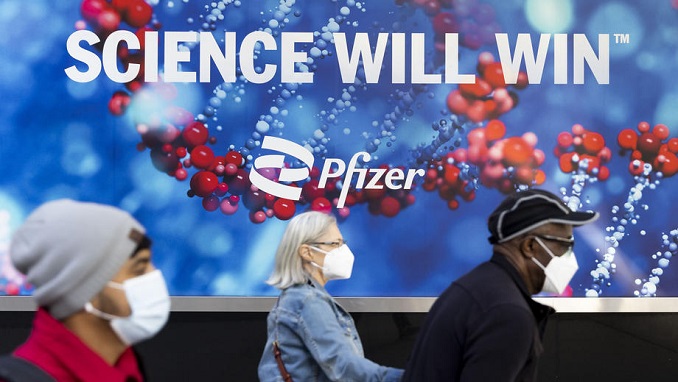Pfizer Inc. announced on Wednesday it completed its nearly $5.4 billion acquisition of Global Blood Therapeutics, Inc. (GBT), the pioneer in treatments for sickle cell disease (SCD). The acquisition will boost Pfizer’s rare disease treatment business and makes GBT a wholly-owned Pfizer subsidiary.
GBT is a “biopharmaceutical company dedicated to the discovery, development, and delivery of life-changing treatments that provide hope to underserved patient communities.” This deal “reinforces Pfizer’s commitment to SCD,” an inherited, lifelong disease that can cause extreme pain and serious complications, “building on a 30-year legacy in the rare hematology space.”
Both companies are members of the Biotechnology Innovation Organization (BIO).
“With Global Blood Therapeutics’ talent, portfolio, and pipeline now part of Pfizer, we look forward to accelerating innovation and expeditiously bringing multiple potential best-in-class treatments to people living with sickle cell disease,” said Pfizer’s Chief Business Innovation Officer and Executive VP Aamir Malik.
GBT portfolio to enhance Pfizer’s presence in rare hematology
The portfolio and the pipeline of GBT have “the potential to address the full spectrum of critical needs for the underserved community.”
As we previously reported, GBT’s Oxbryta, the first drug targeting the underlying cause of sickle cell disease, received accelerated approval from the U.S. Food and Drug Administration (FDA) in 2019.
GBT’s promising pipeline “of preclinical and clinical investigational assets focused in SCD” also includes GBT021601, an oral, once-daily, next-generation sickle hemoglobin (HbS) polymerization inhibitor, and inclacumab, a fully human monoclonal antibody targeting P-selectin, Pfizer’s press release says.
Both GBT021601 and inclaclumab received Orphan Drug and Rare Pediatric Disease designations from the FDA that “provide market incentives for development and can facilitate priority review.”
Per the GBT press release, GBT601 has “the potential for greater efficacy by achieving higher hemoglobin levels and occupancy at lower doses,” compared to the first-generation Oxbryta and “achieved a high target hemoglobin occupancy at daily doses lower than 500 mg, while maintaining a favorable safety and tolerability profile.”




